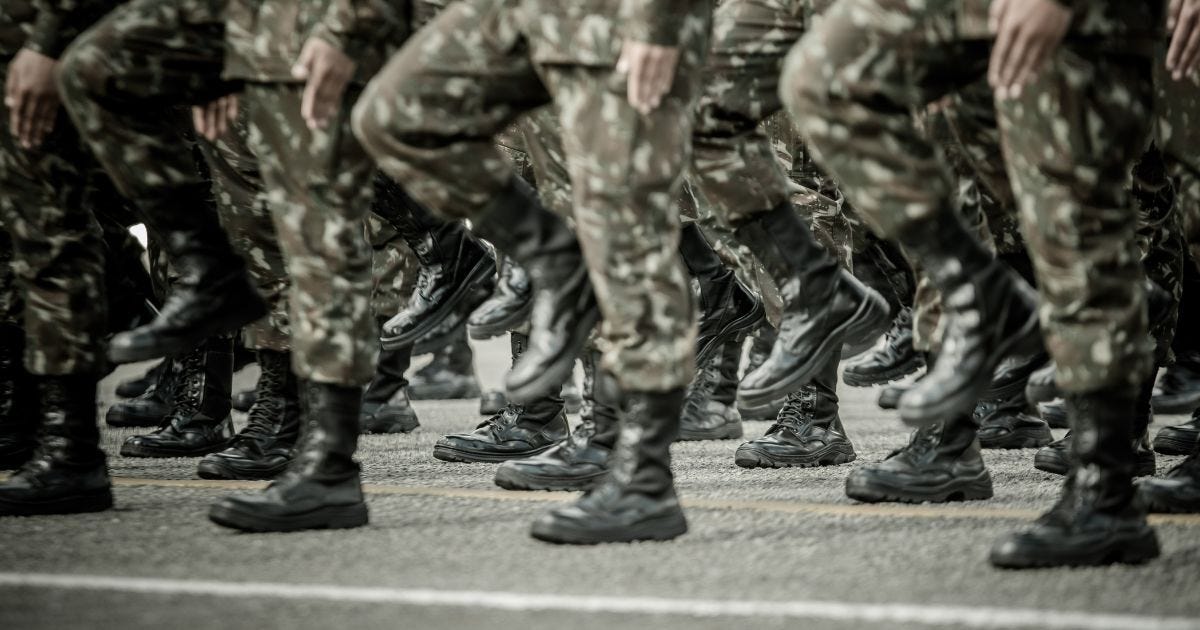America’s Military at a Crossroads—Who Deserves to Lead?
Trump’s leadership overhaul sparks debate over experience, loyalty, and the future of command.
Trump removes established commanders with sudden directives. Traditional officers respond with measured statements. The military's structure strains under rapid change.
What's Happening
Trump announces unprecedented military leadership shake-up
Trump to nominate retired Lieutenant General Dan Caine as Brown's successor
Defense Secretary Hegseth skeptical of…




